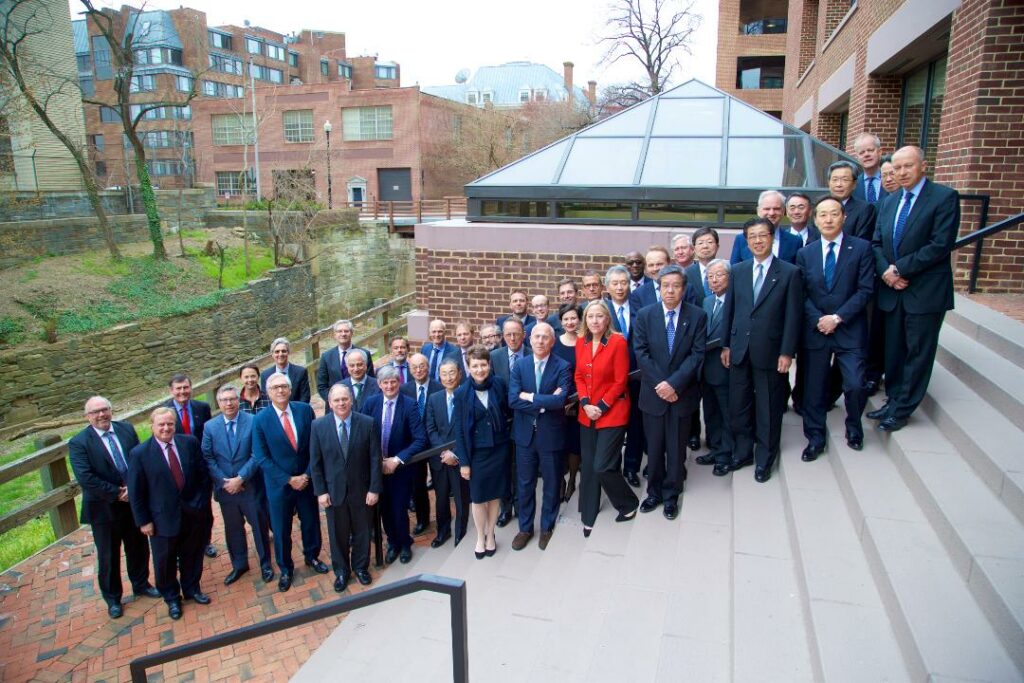Four of the world’s leading electricity associations have today urged policy makers to support the “profound transformation” occurring within power networks across the globe.
In a joint statement, Europe’s Eurelectric, the Canadian Electricity Association, the Edison Electric Institute of the US and Japan’s Federation of Electric Power Companies have spoken of their role in the wider energy transition.
Furthermore, the associations have pledged to collaborate further on matters including;
- Customer engagement and empowerment;
- Electrification strategies;
- Smart energy infrastructure;
- Regulatory solutions, and;
- Cybersecurity protections and resilience.
However the statement itself, which coincides with this week’s International Electricity Summit in Washington DC, has stressed the importance of policy and regulatory support of the transition itself.
The associations said they recognised that the “global electricity sector” is in the “midst of a profound transformation”, one that was “giving rise to a new reality for electricity providers around the world”.
This, the associations said, was not only aiding the decarbonisation of other sectors such as transport, but acting as the foundation for evolving future energy systems that incorporate renewables, storage, smart grids and digital technologies.
But in order to truly take advantage of the energy transition the trade associations have warned of the need for investment in so-called transition-enabling technologies and, crucially, policies to support and nurture that investment.
“At the heart of accomplishing the energy transition is the significant potential offered by the widespread deployment of smarter energy infrastructure around the world. The elements of an improved infrastructure, which include energy storage, grid hardening/strengthening, advanced metering, ubiquitous sensing and automation, micro-grids, cyber protection and hydrogen.
“They form the backbone of the evolving modern energy system, and also facilitate the integration of renewable energy sources such as solar and wind.
“Central to the efforts of making the energy system more responsive, resilient and efficient are policies that also recognise the crucial role of fuel diversity in electric generation, enhancing demand-side response and developing a digital grid,” the statement reads.
Of particular interest to the associations are policies that are inherently more flexible than their predecessors, even if they bring about rapid and widespread, but costly, deployment of new solutions, due to their belief that the benefits would far outweigh such costs.
“Therefore, we call upon policymakers and regulators worldwide to recognise the vital benefits that can and will flow to customers and society at large by adopting public policies that will spur the development of a modernised energy system.”
Policy makers should too, the associations have urged, accelerate the energy transition through regulatory innovation that promotes electrification.
“Ultimately, a modernised energy grid will continue to serve as the critical linchpin of delivering safe, reliable, affordable and clean electricity around the globe,” the statement concludes.





